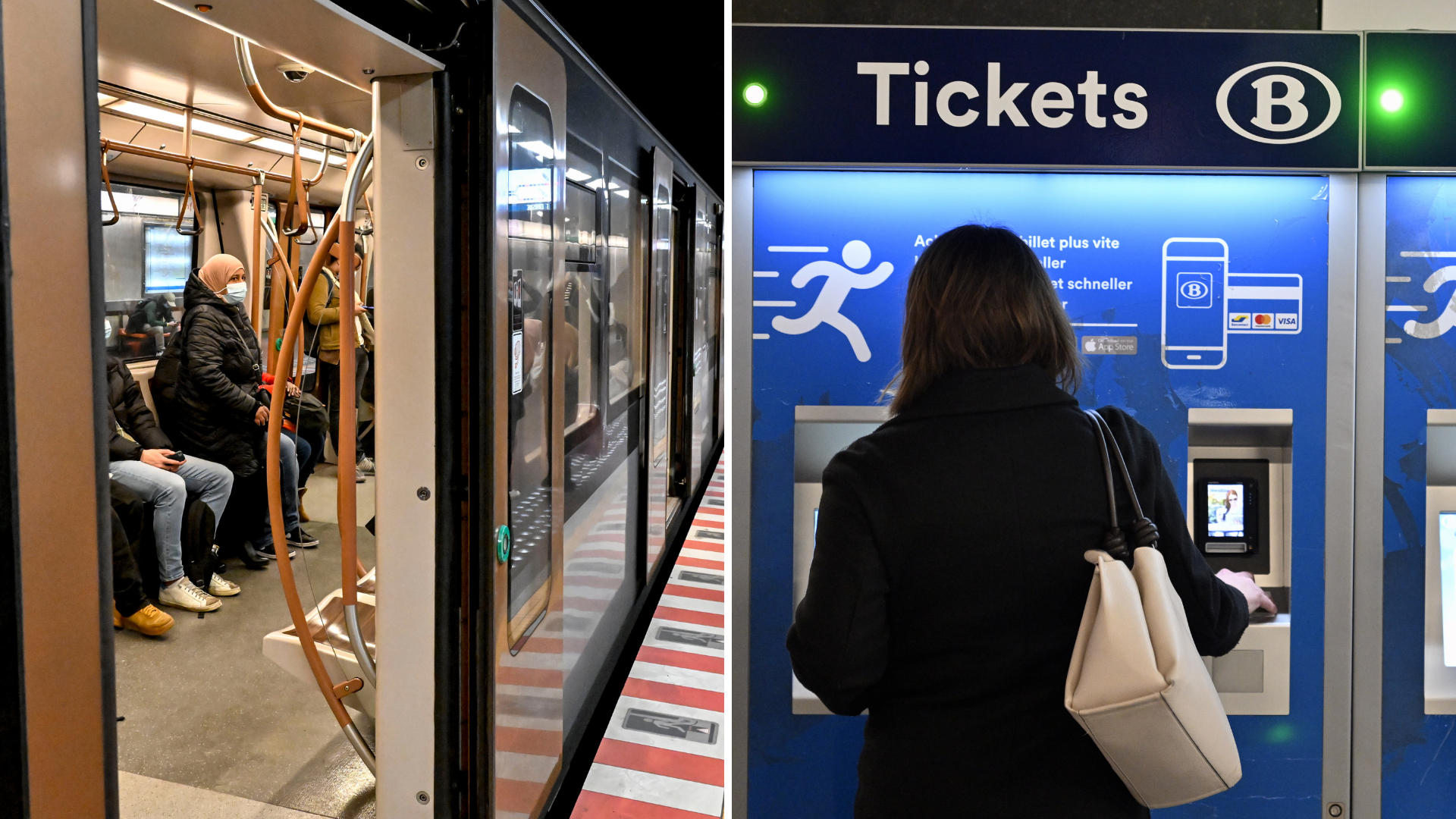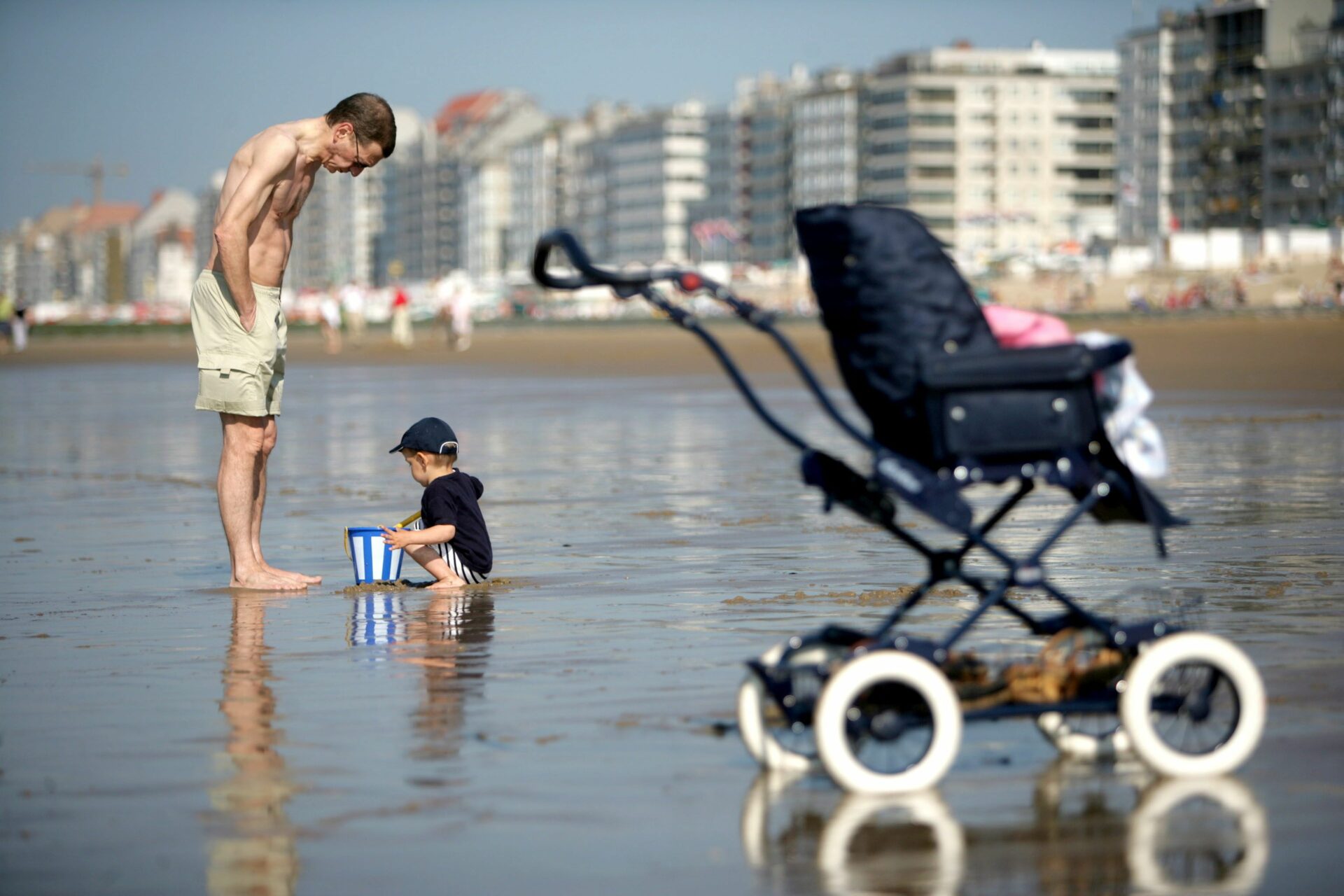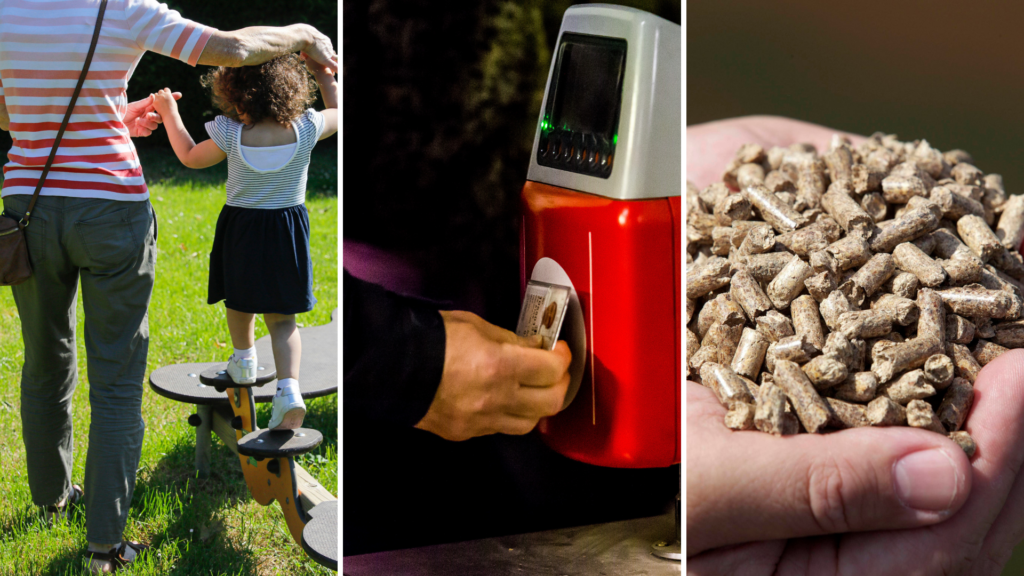Did January fly by or drag on interminably? Whatever the case, it's the first of the month which in Belgium means changes across the country, from public transport fares to new energy measures.
Public transport
Brussels public transport operator STIB will introduce a new, more flexible fare on Wednesday that allows people to purchase one ticket valid for 75 rides. The offer will make it possible to combine working from home with two to three round trips a week on Brussels public transport. The new flexible ticket will be valid for 90 days.
In January, the company announced that its passenger numbers are nearing pre-pandemic levels but highlighted a new pattern of commuting with more people working from home. Consequently, the traditional season ticket is less advantageous for people who don't travel to the office every day.
STIB also announced that from July 2023, over-65s in Brussels will be able to enjoy an annual season ticket for €12, as is already the case for students and young people, marking a sharp drop in the cost for this age group, as the fare currently costs €60.

Credit: Belga
Conversely, as was announced last year, Belgian railway company SNCB will be raising its fares from today by an average of 9% to counterbalance increased operating costs due to a hike in energy prices and inflation. SNCB called it a "tough but necessary decision."
The price of a Senior Ticket (available for those over the age of 65) will rise from €7.20 to €7.80, while a "Youth Ticket" (available for those up to the age of 26) will increase from €6.60 to €7.10. School and commuter season tickets will become 9.73% more expensive.
A standard ten-trip ("Standard Multi") ticket will increase by €9, meaning the new prices will be €93 in digital format and €96 in paper format. The on-board fare, which is the surcharge for those buying a ticket on the train, will also rise from €7 to €9; the so-called "Diabolo surcharge" for rides to and from Brussels Airport will also go up, from €6.20 to €6.40.
Time off
How time off is registered can differ depending on whether a person is an employee or civil servant and the reason to be away from work, whether for parental leave, medical reasons, palliative leave or leave for informal care.
As announced in October, the time credit system or thematic leave system will be adjusted. This will especially help parents who want to free up time to look after their children. People can take time credit in the private sector to care for a child under the age of eight, to give palliative care, care for a seriously ill relative or family member, care for a disabled child under 21, care for a seriously ill minor child or for training.
From Wednesday, however, full-time time credit can only be taken until an employee's child turns five. It may now be taken for a maximum term of 48 months (instead of 51). Half-time or 1/5-time credit can be taken until a child turns eight.

The changes will have a big impact on parents who want to spend more time with their children. Credit: Belga / Lieven Van Assche
An employee must have worked a minimum of 12 months full-time or 24 months part-time to receive full-time time credit (full-time for 12 months to receive half-time time credit). Those who are "caring for a child" must be employed for at least 36 months prior to taking the time credit. Those working part-time may do so after 24 months of employment.
Previously, people who had been employed by the same company for five years and over-50s were eligible for an additional time credit; this will now be dropped.
Finally, career breaks in the public sector (full-time or part-time) will be limited to a maximum duration of 51 months, and to 48 months when caring for a child. Increased benefits for over-50s and the seniority supplement for five years of service will also be dropped.
The Women's Council has argued that the reforms will not make it any easier to combine work and family: "We need a sustainably-funded care policy, equal distribution of care and equal take-up of family leave by both parents."
Energy measures
You're probably tired of trying to understand the latest energy measures and why you may or may not have financial assistance in recent months. However, certain groups might still be in line for significant aid in the form of premiums or cheques.
From Wednesday, those who heat their homes mainly with pellets can apply for the so-called pellet cheque, worth €250. Those who meet the conditions can submit a form from the FPS Economy website until 30 April.

Wood pellets. Credit: Belga/ Nicolas Maeterlinck
The pellets must be an order of at least 500kg, made between 1 June 2022 and 31 March this year and must be delivered in a tanker or on pallets. A copy of the invoice and proof of payment must be provided.
Those who already received the heating oil cheque, the cheque for bulk propane or the federal premium for the basic gas package, or those who already benefit from the social tariff for gas are not eligible.
Medical reimbursements
As was announced at the end of last year, the drug Kaftrio (an expensive treatment for cystic fibrosis) will be fully reimbursed for children aged 6 to 11 from Wednesday. Those suffering from the hereditary disease that affects the lungs and digestive system will have to meet certain conditions for reimbursement.
The medicine improves lung function, reduces flare-ups, minimises the need for antibiotics and gives patients a better quality of life. Since 1 September last year, it has already been reimbursed for eligible children aged 12 and over.
Related News
- Didn't receive your energy premium? Find out how to apply manually
- Explained: What support can you receive in Belgium for energy-efficient renovations?
- Belgian car insurance premiums to increase by over 5% this year
The monotherapy Kalydeco will also be reimbursed for patients as young as four months. The drug restores the salt-water balance in the airways, thinning mucus and improving lung protection. Previously, the treatment was reimbursed only after two years old.
Criminal record extracts
People in Flanders who want to work with children or young people, from football coaches to youth theatre directors, will have to submit an extract of their criminal record to the organisation they work for from 1 February as part of efforts by the region to combat sexual violence.
The extra child protection means that staff must now prove they have no history of child abuse or child mistreatment.
Teachers and youth workers are already required to submit an extract from their criminal records as part of the job application procedure. This policy is now being extended to other sectors, including the sports sector and welfare workers who come into contact with minors.

